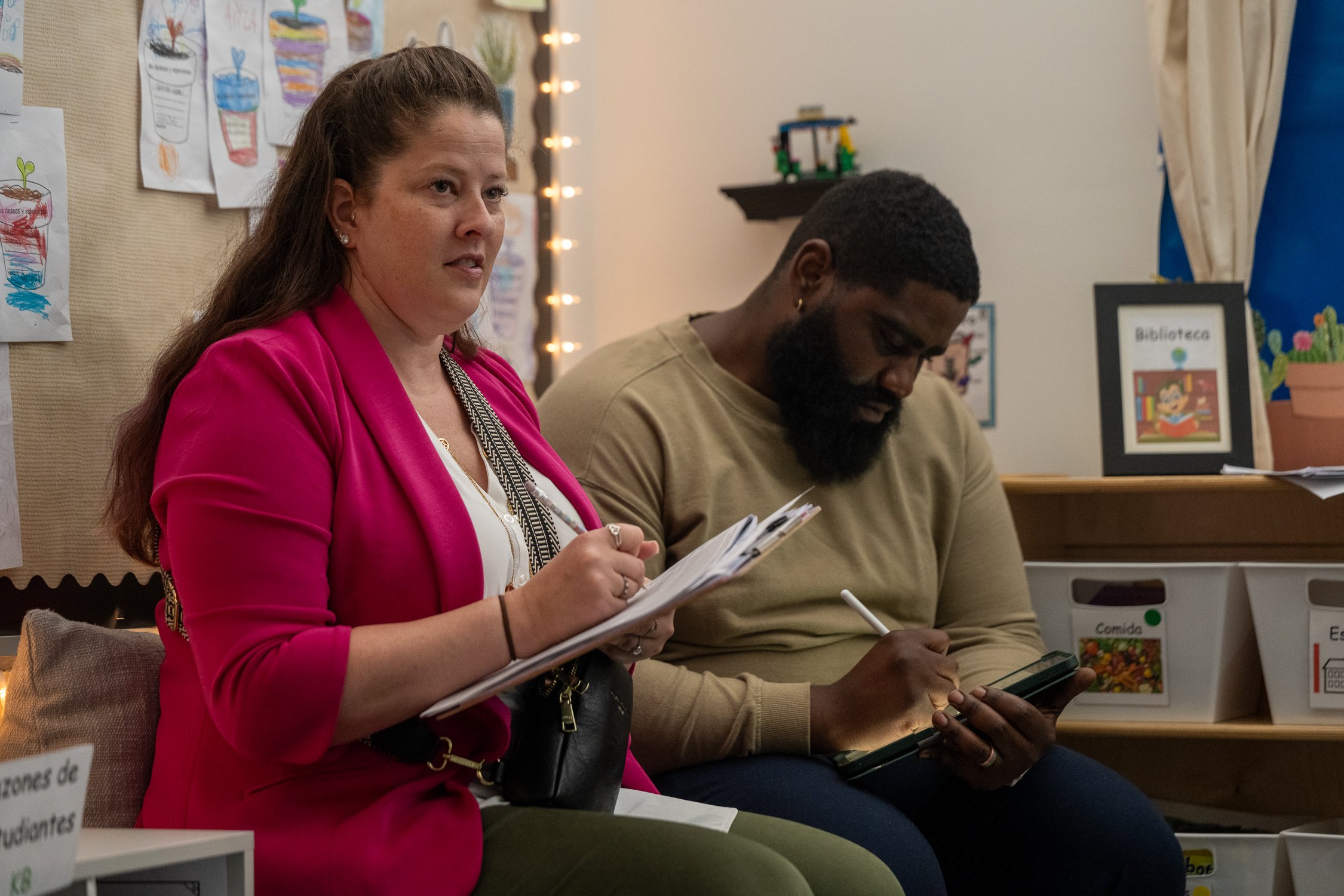With so much in a school leader’s realm of concern, (e.g., regulatory constraints, budgetary and resource limitations, safety, bureaucratic structures, and staff retention) how can one stay in their realm of influence?
At CLEE, we explore this question with our participants – current and aspiring leaders at the school and district level – because, as Stephen Covey’s work reminds us, the realm of influence is the place of proactive agency crucial for school leaders to transform schools. A lack of agency makes school leaders feel more like managers – addressing technical instead of adaptive challenges, and acting reactively rather than proactively.
What we have found is that when leaders focus their efforts on improving the three parts of what call the instructional core – teacher knowledge and skill, content rigor and relevance, and student engagement (City et al, 2009), we always see their realm of influence and agency to impact student learning expand. And with that, so does their excitement and energy for the work

Joe Pirraglia, Director of Principal Preparation Programs
At a recent Instructional Rounds visit as part of the Principal Residency Network curriculum, aspiring principals and CLEE staff were inspired by leaders from Nathanael Greene Middle School and Nuestro Mundo Public Charter School. Leaders enthusiastically shared their vision, theory of action, and next steps to support all students. The common thread? Their work was all laser-focused on improving components of the instructional core. For example, they are working on the implementation of school-wide writing strategies, prioritizing school and classroom routines and procedures to maximize instructional time, creating a classroom culture that emphasizes student engagement and academic risk taking, and strategically allocating resources to support school-wide goals that focus on improving outcomes for all students.
The leaders’ energy and excitement for the work was notable during the instructional rounds. Leaders were expanding their realm of influence, as well as their colleagues, by grounding improvements in the instructional core. School leaders are presented with many challenges that can feel overwhelming, but as this experience exemplifies, leaders can strategically address the challenges by focusing on where they have the most important influence. This intentional focus not only has implications on supporting student outcomes, but also on the level of engagement with the work. Influence and agency leads to excitement and energy.
Bring Excitement and Energy as a Leader in PRN
Use Instructional Rounds to Improve Your Instructional Core
